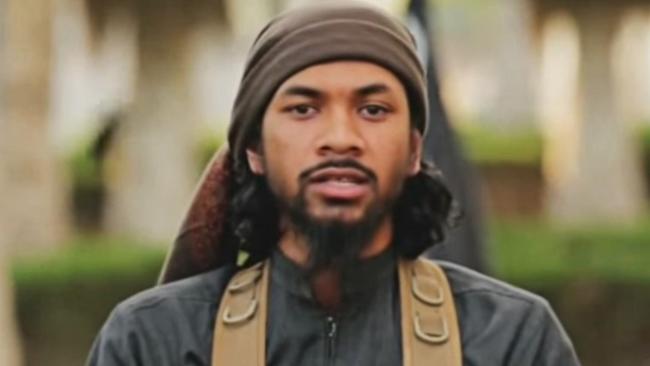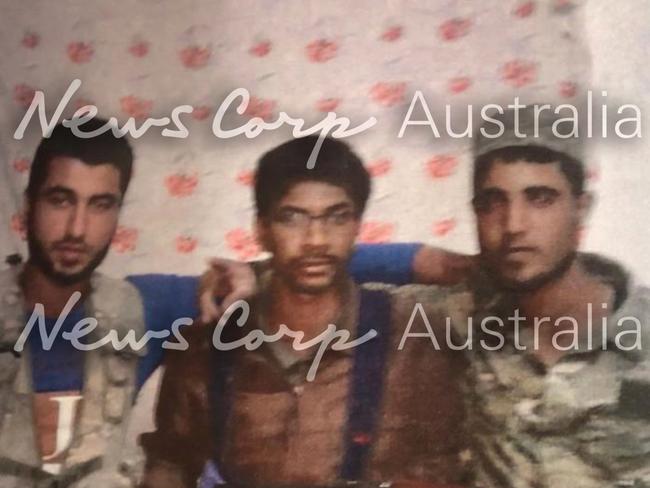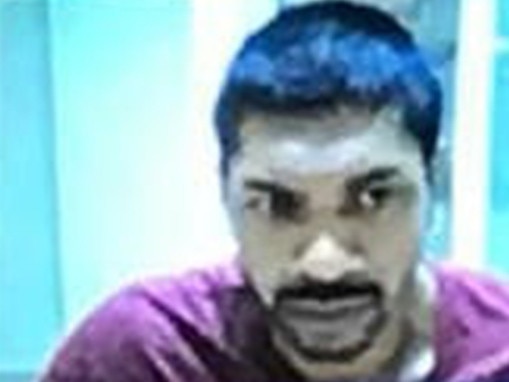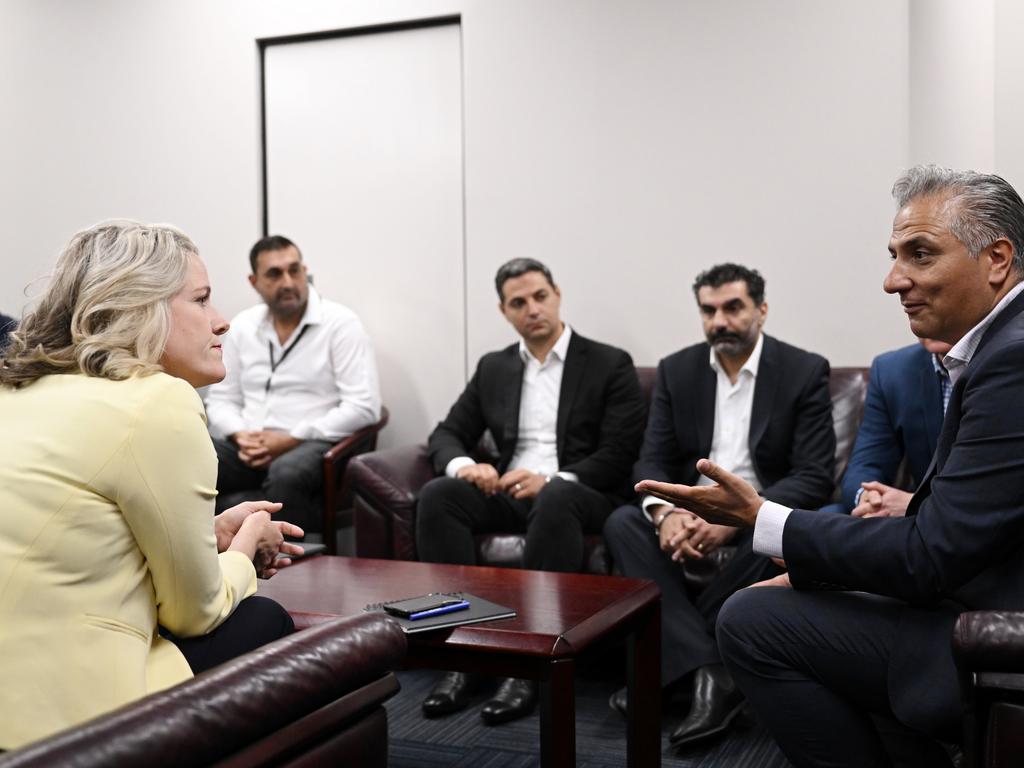Islamic State kingpin Neil Prakash to be returned to Australia to face terrorism charges
Islamic State terrorist Neil Prakash will be returned to Australia to face court on charges that could lead to him being jailed for life.

Islamic State terrorist Neil Prakash will be returned to Australia to face court on charges that could lead to him being jailed for life.
The Weekend Australian can reveal the decision has been made to bring Melbourne-born Prakash back from Turkey to face trial on a string of charges relating to his activities supporting and fighting for Islamic State.
The breakthrough comes after years of negotiations with the Turkish government, and the collapse of Australia’s citizenship-stripping laws, which meant Prakash had his Australian citizenship restored by default.
The now 31-year-old has been detained in Turkey for the past six years, and is believed to be held in immigration detention, following the completion of a jail term in February this year.
The decision to return Prakash comes as the Albanese government continues to deal with the legacy of the rise and fall of Islamic State, and the High Court striking down the previous Coalition government’s citizenship-stripping laws in June.
Prakash is expected to be returned to Australia under tight security, and face trial in the Supreme Court of Victoria. The timing of his return is not known.

Born to a Cambodian mother and a Fijian father in Melbourne, Prakash left for Syria to join Islamic State in 2013, and became an active recruiter, propagandist and facilitator for foreign fighters seeking to join the terror group.
In 2015, the Australian Federal Police issued an arrest warrant for Prakash, saying he was wanted on charges of being a member of a terrorist organisation and for incursions into a foreign state with the intention of engaging in hostile activities.
He had connections to a number of Australian jihadis, including Numan Haider, 18, who was shot dead after attacking two police officers at Endeavour Hills in Melbourne in September 2014, and Sevdet Besim, who plotted to behead a police officer in Melbourne on Anzac Day in 2015.
The Australian uncovered photographs of Prakash through court proceedings in Turkey that showed him posing in uniform with guns and other Islamic State members.
The legal battle to force Prakash to face justice has run for years, with multiple approaches taken.
Prakash was arrested trying to sneak across the Syrian border into Turkey in October 2016 near the border town of Kilis, and was charged with being a member of a terrorist organisation in Turkey.
The Australian government lodged an extradition request for him, but the application was rejected by the Turkish courts in July 2018.

Former home affairs minister Peter Dutton, now the Opposition Leader, revoked his citizenship in late 2018, making him the 12th dual national to lose Australian citizenship as a result of support of Islamic State or al-Qa’ida terror groups. At the same time, Australia appealed against the extradition rejection through the courts in the Turkish city of Gaziantep. The appeal continues to this day.
Prakash pleaded not guilty to being a member of a terrorist organisation in Turkey, but was convicted after a lengthy trial in Kilis, and sentenced to 7½ years jail. During the trial he admitted joining Islamic State but denied being a leader of the group and said he regretted his association with the terror group.
He was freed in February and taken to an immigration detention centre, where he has remained in legal limbo.
His return to Australia had been complicated by Fiji’s rejection of Mr Dutton’s argument that Prakash could rely on his father’s Fijian citizenship, and therefore had not been rendered stateless by the decision to revoke his Australian citizenship. At the time Parkash’s citizenship was revoked, Mr Dutton said he wanted foreign terrorist fighters dealt with “as far from our shores as possible’’.
Describing Prakash as a “very dangerous individual”, Mr Dutton said: “People should recognise, if given the opportunity, Mr Prakash would harm and kill Australians.’’
Returning Prakash to Australia and charging him would ensure he remained off the streets and under authorities’ control.
The High Court’s finding that parts of the citizenship laws were unconstitutional cleared the way for Prakash to have his Australian citizenship officially restored.
Turkey has shown a renewed willingness to deport Australians wanted for trial on home soil.
In December 2019, a man accused of terrorism offences in Queensland, Agim Ajazi, was deported from Turkey to Adelaide, after spending a year in immigration detention.
In August, former Comanchero boss Mark Buddle was deported by Turkey to Darwin, where he was arrested by the AFP and accused of being involved in serious organised crime.
Prakash, who used the nom-de-guerre Abu Khaled al-Cambodi while in Syria, is believed to have fathered at least three children with two women during his time with Islamic State.
It was erroneously reported by the Australian government in May 2016 that he had been killed in a US drone strike in Mosul, Iraq.
At the time, then-attorney-general George Brandis described Prakash as “the highest value target from an Australian point of view in the Middle East’’.
Following his arrest with a group of women and children, Prakash served about five years in the H-Type prison in Gaziantep, before being moved to a second prison in Diyarbakir as he neared the end of his sentence.
Most recently, he was transferred back to an immigration detention centre at Elbeyli, near Gaziantep Airport.
The Australian Federal Police and the office of Home Affairs Minister Clare O’Neil declined to comment.







